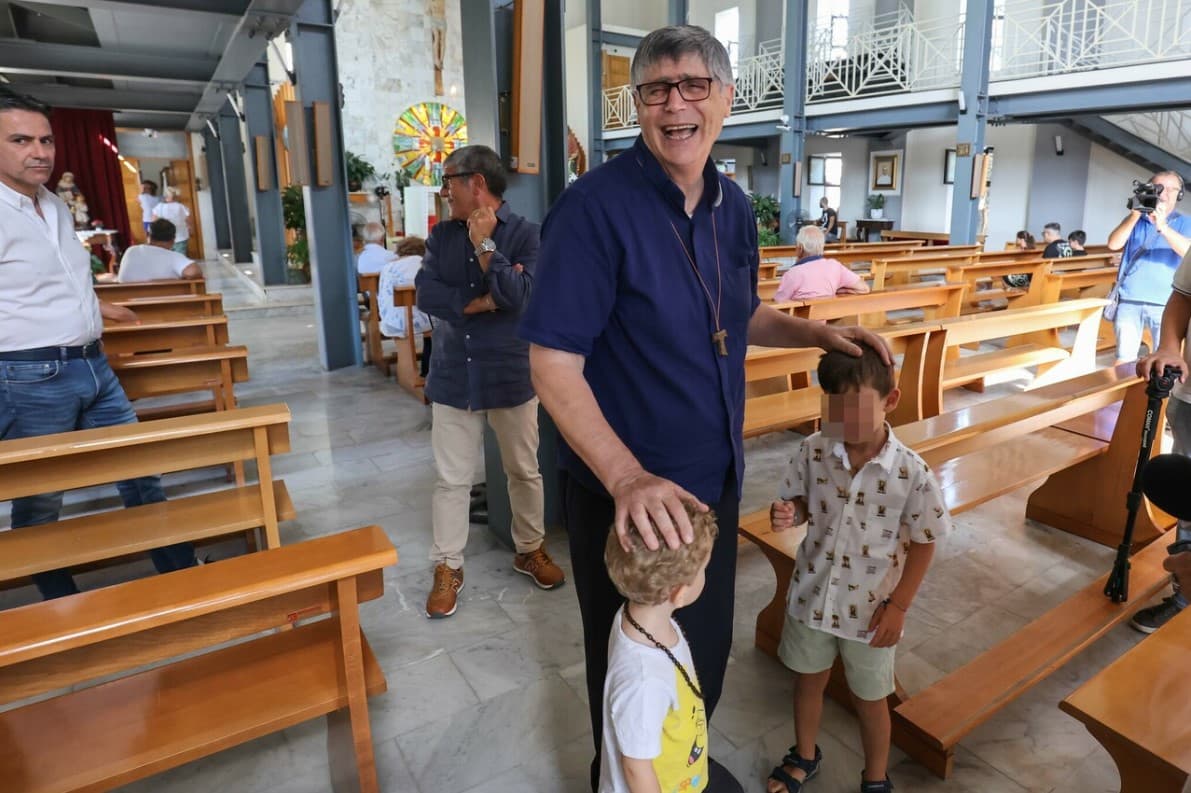ROME – In the wake of a horrific rape case involving two girls aged 10 and 12, the pastor of a drug-infested, working-class neighborhood of Naples has applauded new government measures to combat youth crime, but lamented the absence of tighter controls on access to pornography by minors.
“There is no restriction on access to porn sites for minors,” said Father Maurizio Patriciello, pastor of the Parco Verde zone of Caviano, a suburb of Naples, where the rapes occurred, referring to the new “Caviano Decree” announced by the government of Italian Prime Minister Giorgia Meloni.
“It’s a real shame, it pains me,” Patriciello said. “But they have to get there.”
The alleged rapes occurred over the course of several months, and were reportedly carried out by a group of six teenage boys aged 11 to 19. The case burst into national consciousness when the charges were revealed publicly in August, provoking a storm of public protest and demands for government action.
The girls have since been removed to a foster home, and a police investigation of the case is ongoing.
After a visit to Caviano on Aug. 31, Meloni introduced a packet of measures designed to respond to youth crime, including new investments of roughly $32 million for urban improvements in Caviano, permitting arrests for flagrant crimes for youth aged between 14 and 18, revoking parental authority if children are charged with crimes linked to the mafia or the drug trade, and also possible jail terms for parents whose children do not attend school.
While earlier versions of the decree reportedly also contained limits on access to pornographic sites by minors, that provision was not in the final draft of the law. Government spokespersons cited technical complexities in enforcing such restrictions as part of the reason for the omission.
“I don’t doubt it, but we have to help these children,” Patriciello told Corriere della Sera, Italy’s most authoritative newspaper.
“We can’t leave them alone with telephones in their hands. It’s a priority. I know I’m just a little priest on the outskirts, but a writer once said that ‘true questions deserve true answers.’ I’d say that complex questions also deserve complex answers.”
While Patriciello welcome the crackdown on youth crime, he also insisted a more comprehensive response is necessary.
“Alongside the norms, we have to keep our feet on the ground and go out to meet these children, understanding their unease,” he said.
“If the parents are missing, the state has to step in with teachers, guardians, and social assistance. The police and security officials are welcome, and anyone who says otherwise is wrong,” he said. “But we can’t believe they’re the solution to everything.”
According to media reports, it was Patriciello, who’s well-known for his anti-mafia efforts, who initially persuaded Meloni to visit Caviano in the wake of the revelations.
Now 68, Patriciello is also known for his pro-environment stands in the so-called “Land of Fires,” referring to a zone south of Naples considered one of the most polluted areas of the country. The neighborhood where he serves is considered a center of the drug trade, where at least 13 different sales points reportedly generate $100 million in annual profits, much of it garnered by the Camorra, the version of the mafia prevalent in the Naples area.
The Caviano furor came in tandem with another brutal rape case in Palermo in July, where a 19-year-old woman was allegedly gang-raped by a group of several men aged between 18 and 22, who recorded themselves as the incident unfolded. One of the men later said in a WhatsApp conversation that “flesh is flesh,” adding to widespread public indignation.












